Looks and Life: A summary of the study
23 August 2019
Looks and Life: A summary of the study
What we wanted to learn
We were interested in how people with a health condition that affects their appearance deal with difficult thoughts and feelings about their appearance. We know from previous research that some people avoid activities that they expect will bring up difficult thoughts and feelings, and some spend a lot of time and energy covering, concealing and focusing on their appearance. We wanted to learn more about two mental tendencies: (1) a desire to get rid of or avoid difficult thoughts and feelings (called ‘experiential avoidance), and (2) getting caught up with difficult thoughts (called ‘cognitive fusion’). Specifically, we wanted to know whether these two tendencies might explain why people with conditions that affect their appearance are more or less likely to (a) avoid stressful appearance-related activities, and (b) to cover, conceal and focus on their appearance.
What we did
To do this, we asked charities and organisations from the Appearance Collective to help us recruit participants across a wide range of appearance-affecting conditions (a breakdown by condition type is given below). Thanks to these organisations, we surveyed 220 adults, aged 18-75, just under 80% of whom were female. Participants completed demographic questions, a series of validated psychological questionnaires, and gave details about how their condition affects their appearance. We ran statistical analyses called Mediation analyses, to find out how well (1) experiential avoidance and (2) cognitive fusion statistically explained participants’ tendency to (a) avoid stressful appearance-related situations and (b) cover, conceal and focus on their appearance. In the analyses, we took account of participants’ age, gender, how visible they perceived their different appearance to be to others, and whether their condition was acquired or from birth.
What we found
We found that participants’ level of (1) experiential avoidance (a tendency to try and get rid of or avoid difficult thoughts and feelings) did partly explain their tendency to (a) avoid stressful appearance-related situations. The more experientially avoidant they were, the more likely they were to avoid stressful situations. Experiential avoidance didn’t, though, explain participants’ tendency to (b) cover, conceal and focus on appearance. On the other hand, participants’ level of (2) cognitive fusion (getting caught up in thoughts) explained both (a) avoiding stressful situations and (b) cover, concealing and focusing on appearance. The more participants were caught up in thoughts, the more they’d avoid stressful situations, and the more they’d cover, conceal and focus on their appearance.
What this means
We now know that these two mental tendencies are likely to play a role in how people cope with difficult thoughts and feelings about their appearance. Many types of psychological therapy (like traditional cognitive behavioural therapy) try to help people manage distress by teaching them to change their thinking patterns from less rational to more rational. What the findings of the study suggest is that they may be another way: Learning to just observe thoughts as thoughts rather than facts (‘cognitive defusion’) and learning to open up to and tolerate difficult thoughts and feelings (‘experiential acceptance’), without trying to change those internal experiences, may help people with appearance-affecting conditions engage more in meaningful activities that they may otherwise avoid. An approach called Acceptance and Commitment Therapy (or ‘ACT’) focuses on developing cognitive defusion and experiential acceptance, and we at CAR are currently developing a self-help programme based on ACT that we would like to test in the near future.
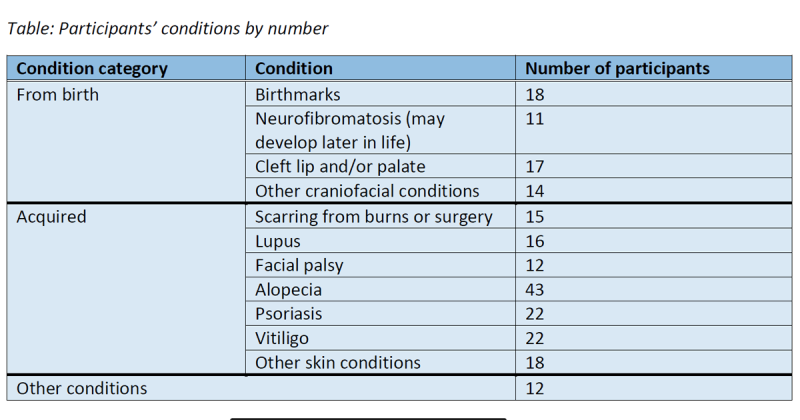
Filter News

Meet Carolyn
Specialist NF Advisor Carolyn is based in Birmingham and covers the West Midlands, Shropshire and Staffordshire.
Read More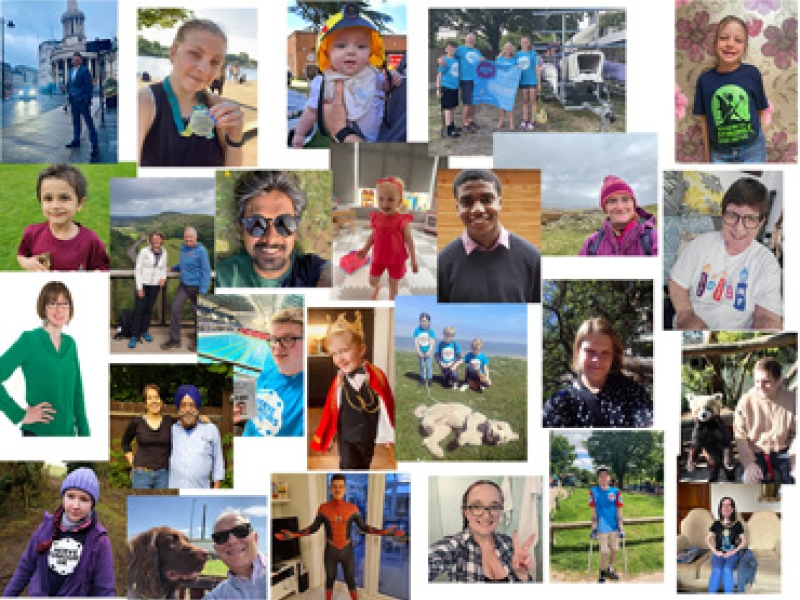
Today is Giving Tuesday
Call out by Karen Cockburn, Charity Director, to donate and support the NF Community
Read More
Runderpants fun run
Get your Runderpants here! Set up a fun run wearing some special fundraising pants
Read More
Meet Sarah, our new Specialist NF Nurse
Sarah will be based in Leeds, supporting families across Yorkshire and Humberside
Read More
Meet Charmaine, Our New Specialist NF Nurse
Read More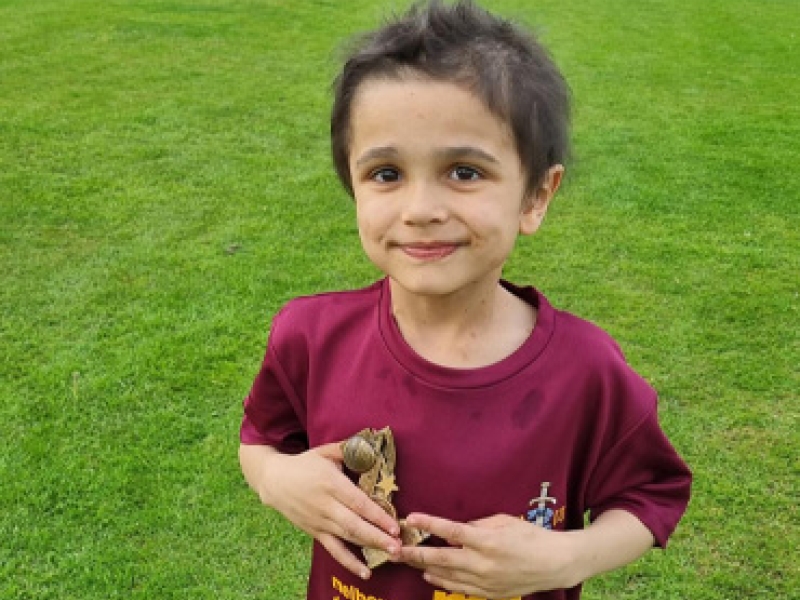
Eashan’s NF1 story
'Why Run'... Eashan was diagnosed with NF1 after losing his eyesight when he was 5. His mother Jen tells his story.
Read More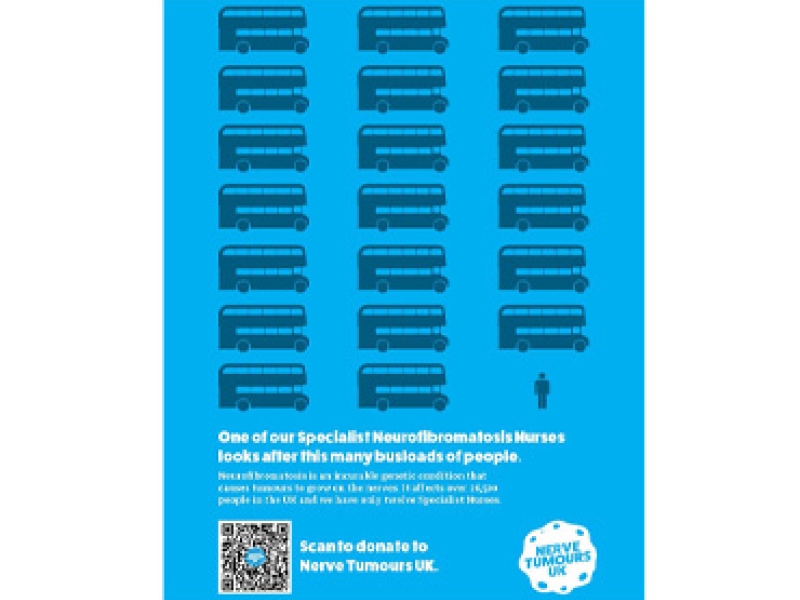
2023 Awareness Campaign
Nerve Tumours UK have joined forces with RBH to raise awareness for a second successive year.
Read More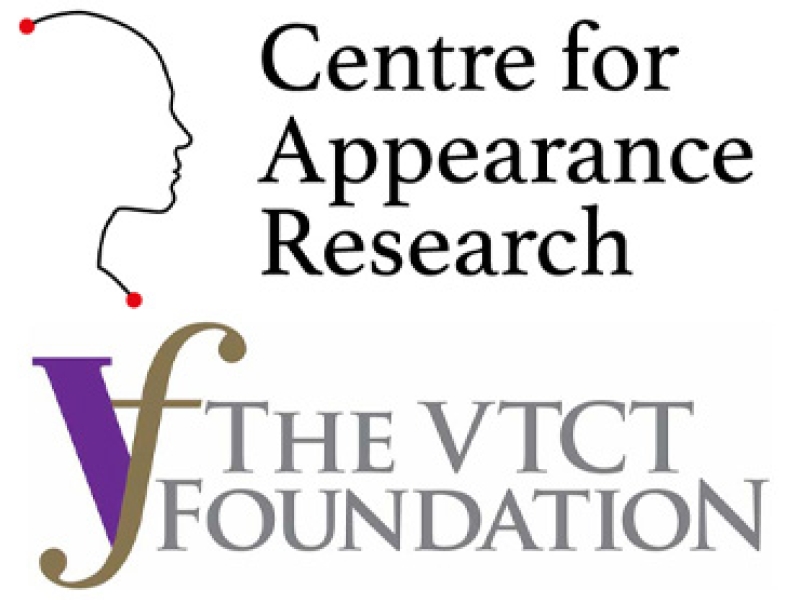
Disclosing and explaining visible differences - CAR Workshop
Read more about the workshop, featuring additional guidance from Specialist NF Nurse Rebecca Rennison
Read More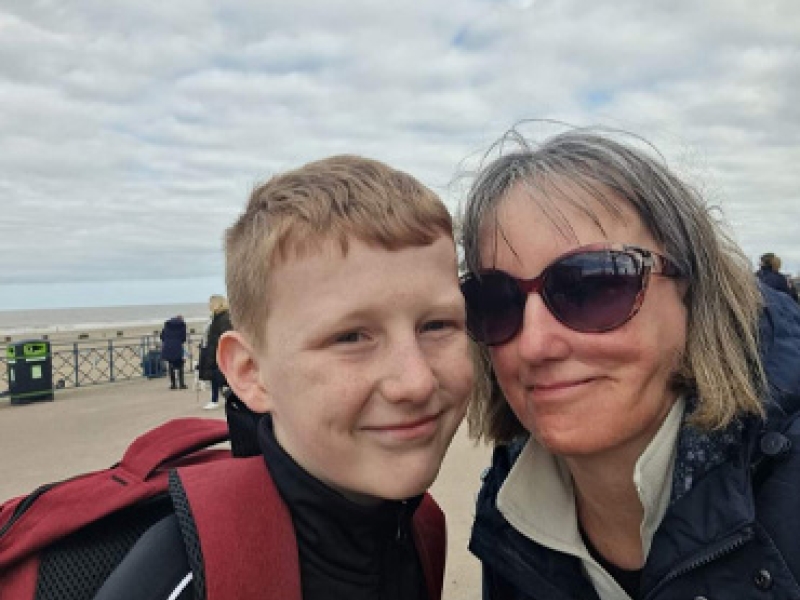
Jo Ward’s Avastin Blog
Jo Ward, CEO of NF2 BioSolutions UK, shares a blog about her son Oscar's Avastin journey
Read More
